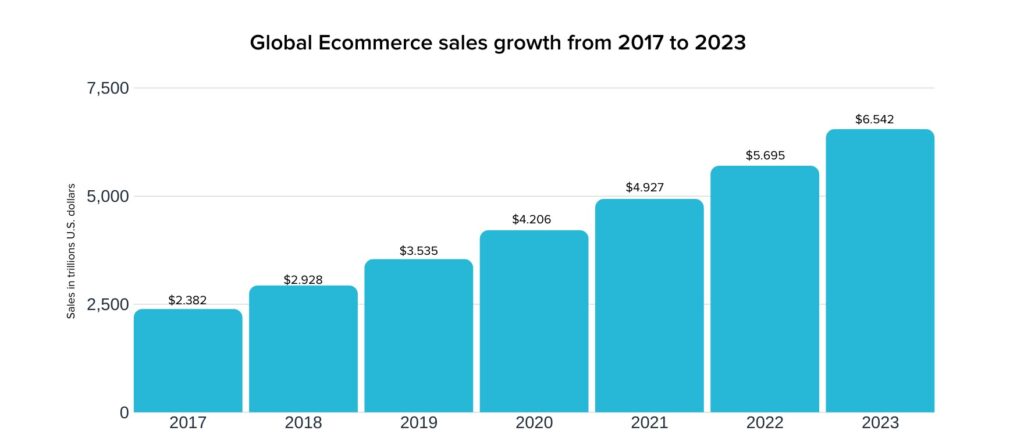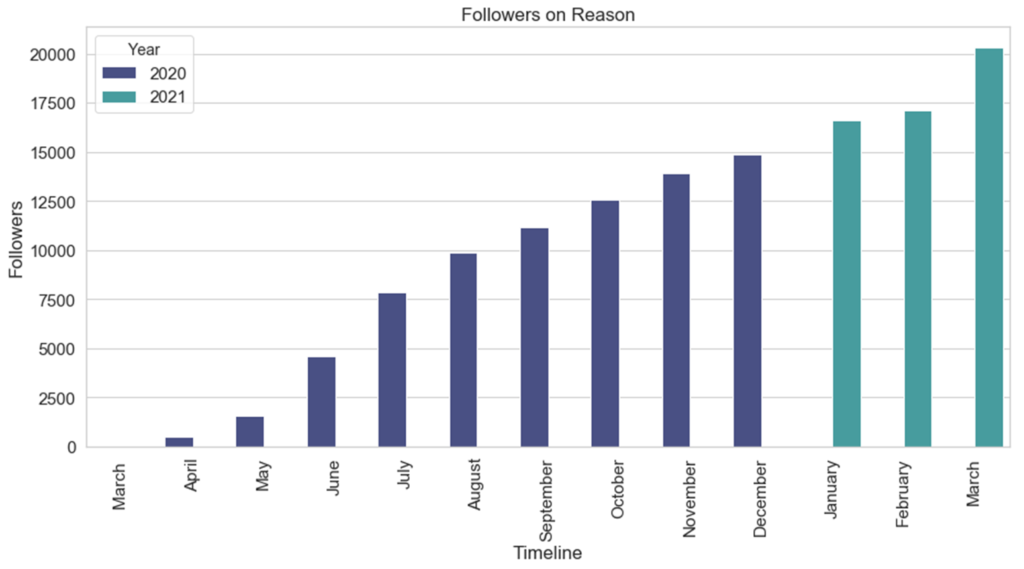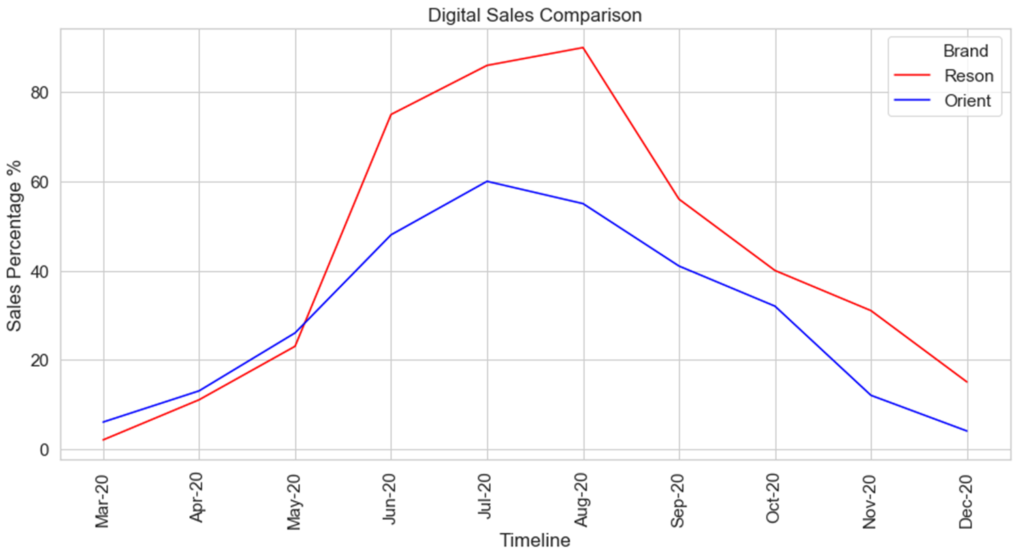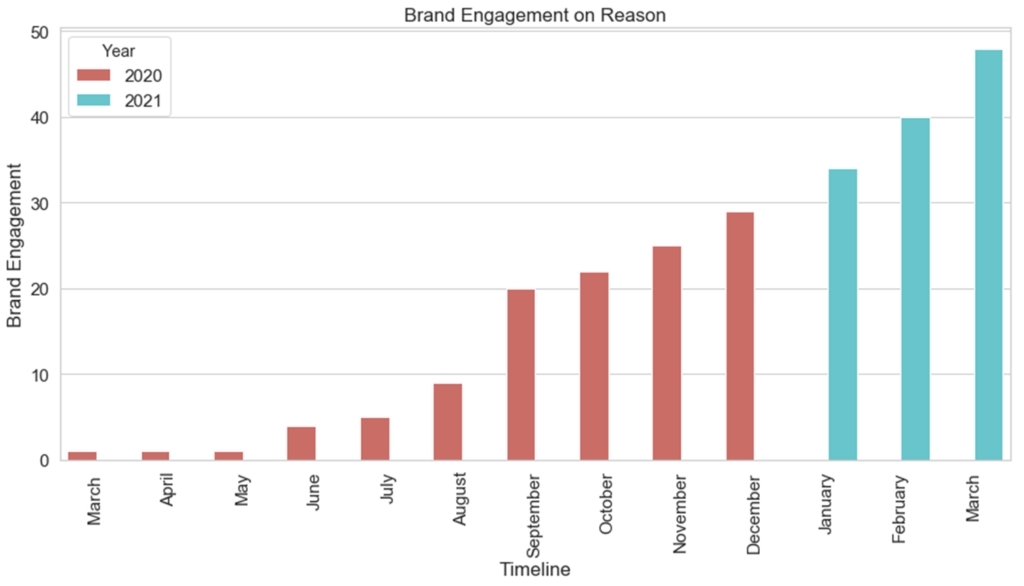Reason, launched in the early 2020, is Pakistan’s first solely Direct to Consumer (D2C) Electronics Brand. It has been a year now since the launch and we finally have enough data to compare and evaluate how the brand has been performing as compared to businesses that follow that Business to Consumer (B2C) model.
Let us first delve into what the difference in both types of businesses is. A B2C involves a retailer sourcing product from the manufacturer and selling it to the consumer. An example of such a brand is Orient Electronics while a D2C brand is the manufacturer selling the product directly to the consumer, with no third parties involved in the process.
D2C brands are being considered the major disrupters of business in the past few months as with the advent of eCommerce and globalized retail, the supply chain of businesses has shortened and revolutionized.
Benefits of Direct to Consumer Model
An end-to-end business experience allows the brand to directly communicate and cultivate the relationships that they create with the consumers. This helps the brand to go above and beyond the traditional norms of the B2C model. As with Reason, the brand has been able to offer highly competitive prices and shocking deals to the consumers, the prices and offers being much more exclusive than any other consumer electronics brand in the market.
This model also gives the brand the ability to directly collect consumer data and allows it to build a complete picture of the target consumer and their preferences, making it easy to craft personalized experiences for its consumer.
This new model is disrupting the market completely with the E-Commerce share of D2C for total retail sales going up with every passing day. Figure 1 offers the estimated increase and the expected curve the D2C business model in the next few years.

Reason in Statistics
Within a year, Reason has showed insurmountable growth in all sectors of the D2C model. When it comes to targeting abilities, the brand is now ranking at 48% while the engagement of the brand with consumers is 49%. For a brand of one year, that is commendable progress.

When it comes to the best practice criteria, Reason scored 75%, all thanks to the brand’s focus on developing long-term transactional relationships with its consumers. Reason has managed to differentiate from other traditional brands through its particular focus on unique content and personalized products that can only be purchased from the site. The brand went from 0 to almost 20,000 followers on its social media in just a year with the majority of the followers and engagers accumulated during the very first month.

Since February 2020, Reason has increased product page views by 87%, has shown an increase in sales for featured products by 77% and online store visits by almost 22 times. The statistics show an overall increase in the brand recognition and sales by more than 150% in the past month alone.
The brand increased its revenue by 10 times through social media alone and the transformative success increased new customers by 5 times in a month.
Reason’s Growth
A survey of CMO Club members, including 74 responses from CMOs or heads of marketing at non-DTC brands, reports that 80% of B2Cs surveyed either somewhat (49%) or strongly agree (31%) that D2C is impacting their market majorly. The basic reason for this statistic stems from D2C’s performance-based digital marketing, specifically, digital media buying (43%), social (41%) and delivering curated experiences (31%).
When we compared the data between our parent company’s brand, Orient and Reason for the past few months, we came to the conclusion that Reason has made 20% of Orient’s total sales for the past two months and overtook Orient in digital sales for 9 out of 12 months during 2020! For a solely D2C brand that came into being just twelve months ago, the numbers are staggering in themselves.

The Future of Reason
Reason has altered the consumer brand landscape for Electronics in Pakistan. It is estimated by 40% of the consumers that in the next five years, Reason and other D2C brands like Reason will account for 4 out of 10 of their purchases. With favorable market conditions, Reason is bound to grow exponentially if it keeps on the same trailblazing progress. It is expected that Reason will cut through the consumer brand clutter by developing lighthouse expertise in a niche product category, under the banner of “Premium Products at a Cost-Friendly Price.”
The next phase for the brand will involve launching products that remain true to the product core allowing the brand to build longer-term, higher margin relationships with consumers beyond the initial product purchase.
Going forward, Reason will reimagine physicality using the intimate physical and psychographic data they have on individual consumers to build differentiated and lifestyle-driven offline experiences.
By focusing on consumer pain points and building insights-driven products and experiences, Reason has been able to exploit margin opportunities and amass share and cultural relevance. Maintaining this consumer centricity will be key as the brand will continue to seek growth and build a sustainable business.



